Prime Minister Pushpa Kamal Dahal 'Prachanda,' who won a vote of confidence for the second time, extended his cabinet. Even with this enlargement, the constitutionally mandated quota of 25 seats for government formation could not be met. Due to the Nepali Congress, the largest party in the governing alliance, and the nascent Janmat Party, the prime minister was unable to fill 25 seats. The Rastriya Swatantra Party, which voted in support of the Prime Minister, has yet to make a decision, while the Janata Samajwadi Party has only partially participated. The Council of Ministers, however, could not be finished since the fundamental issue was identified in the Nepali Congress itself.
Looking back at its history, the Congress' leadership has always been there in moments of crisis, agitation, and fight. Following the victory of the people's revolution in 2007, the same success in Congress created history by allowing divisiveness to flourish. The selfish interests of the kings and courtiers, the Rana's residual authority, and the foreign allies intoxicated the Congress. The question wasn't only about BP and Matrikaprasad Koirala. Following that, the number of arguments tended to increase rather than decrease in many instances of victory and defeat. After the main leader of the Nepali Congress from 2033, the first commentator of the theory of democracy, socialism, and nationalism in the context of Nepal, BP Koirala, adopted a policy of national unity and reconciliation, and a strong unity was established in the Congress. In rare circumstances, there may be some theoretical disagreements. However, since the people's uprising of 2046 abolished non-party governance, a power struggle has been visible on the surface of the Congress.
The hunger for power in Congress is like Sage Agasti's belly. The figure of Agasti, whose hunger is not satiated even after swimming in the sea and whose mouth is full with the fruit of the entire land, has become synonymous with the Nepali Congress leadership. The interim government of 2047, led by then prime minister Krishna Prasad Bhattarai, immediately fulfilled the responsibility of maintaining peace and order, facilitating the promulgation of a multi-party constitution with a leadership role, repairing the broken relationship with India, and establishing a mechanism of parliamentary democracy through general elections. The resistance began again in Congress, this time from individuals who were envious that he had carried out his duties in this manner. On one hand, during people’s movement 2046 commander Ganeshman Singh, who did not the position of Prime Minister, became popular, while those who devalued Singh's sacrifice and attempted to make Krishnaprasad Bhattarai's success meaningless focused their attacks on the Congress' ideological core. From here, the power onslaught on ideals in Congress is unprecedented. Its characteristics evolve in response to time and situation. Power was vital to Girija Prasad Koirala at the time, but that trend has now been passed to Chairman Deuba. Many characters in the power trip from Koirala to Deuba have repeatedly sided with power above morals.
The majority of Koirala's close allies in the Nepali Congress are influential on both sides of the schism. Chairman Deuba continually claims that he is a good pupil of Girija Prasad Koirala, although Paudel, the President, claimed that he was Koirala's political successor. Both are now in the same position and are pursuing a policy of power above principle. Dr. Shekhar, on the other hand, is Koiralas. They are Koirala's true successors, and their claim to power and politics is based on Girija Prasad Koirala's heritage. In other words, while there are some disagreements, the conflicts in the Nepali Congress today are not power versus principle, but power vs the powerful. Some leaders or individuals are exceptions in the leadership of Congress. Those who are observed discussing the party's predicament with a logical assessment. In truth, those Congressmen who support policies based on sound ideas and practices are the ones who appear to be standing in the way of every circumstance. That is why, despite several errors, the power ladder fashioned on the frail thread of Congress has been reinforced over and again. Even now, the government and the pillars of power are becoming stronger as a result of the Congress. However, if the Congress becomes embroiled in a battle, not just this administration, but even the Congress, may crumble.
The current administration, led by Dahal, cannot continue without the Nepali Congress, which controls 89 of the 275 members in the House of Representatives. If the government is to be safeguarded from several such scams, Congress leaders must unconditionally support and assist the government. The survival of this government will be unclear as a result of Congress being involved in trivial arguments such as who will be the leader of the Council of Ministers and whether or not a ministry is required. Because the government is thought to have an infinite lifetime, there is little chance of it receiving good support from the administration, security, or other sectors of society.
If the Congress does not unify and does not support the administration led by Pushpa Kamal Dahal, the Congress's dissension may become unquenchable, since previous mistakes will not be proven correct. It is also the Congress's job to secure and replace the Maoist leadership that broke the alliance to support the Nepali Congress nominee for president. The presidency of the Nepali Congress would not have been conceivable if the Maoist party had not broken the partnership with the UML. There is no need to debate what the Nepali Congress's attitude would have been for the next five years if the Congress had not won the presidency and the UML had not split from the Maoist coalition.
Congress is the origin of all democratic movements throughout nation’s history. However, the duty exercised in that history does not imply that some persons be ministers or not, that some are leaders of state or not, and that some achieve a position or not. If the Congress fights like this, even in the eight seats it controls, this party's participation is pointless. However, the administration of Pushpa Kamal Dahal has approved a modified version. While congratulating the ministers included in this form at this time, keep in mind that their tenure must be cautious, law-abiding, and successful in applying ointment to the victims' wounds.




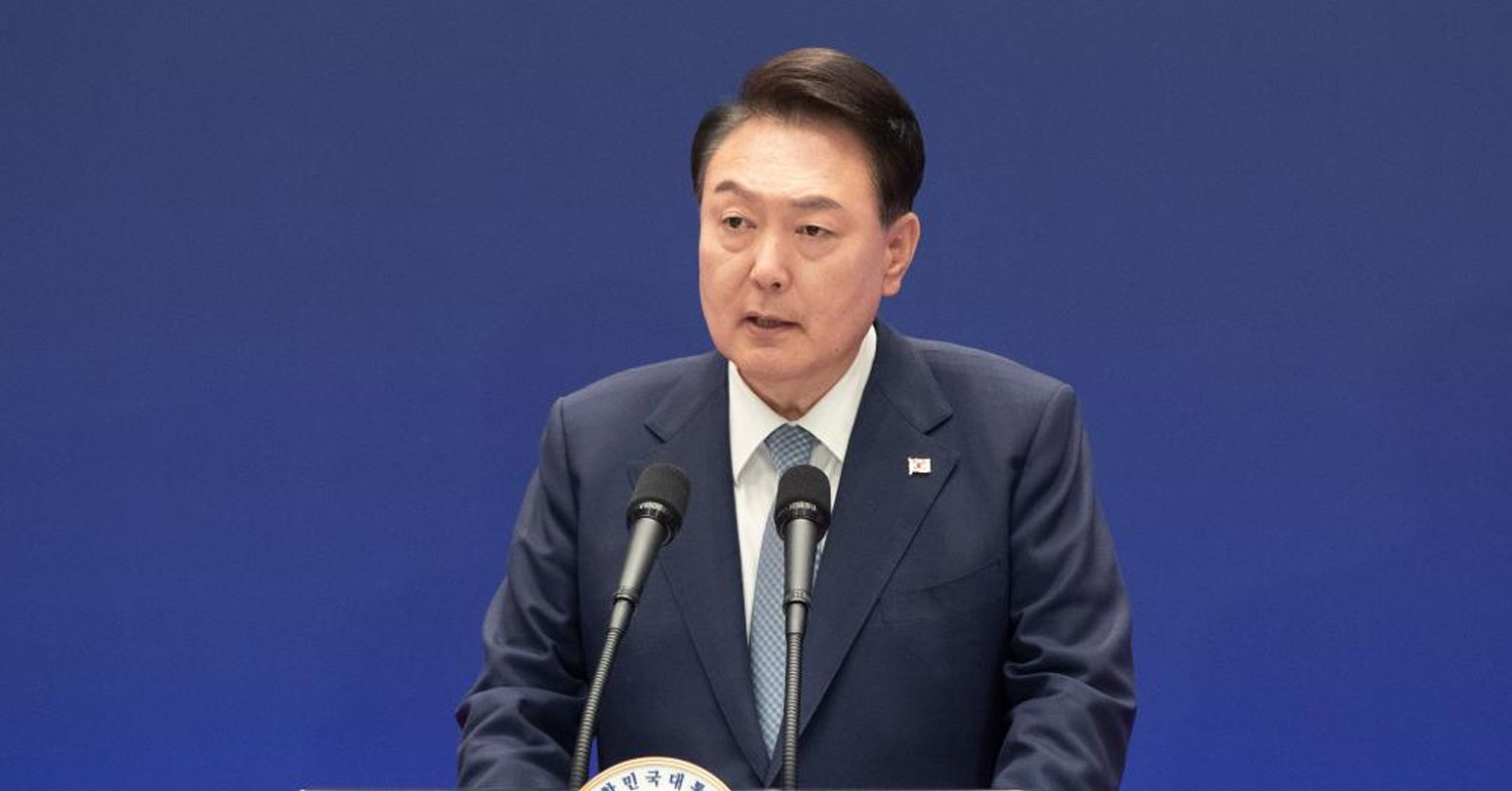
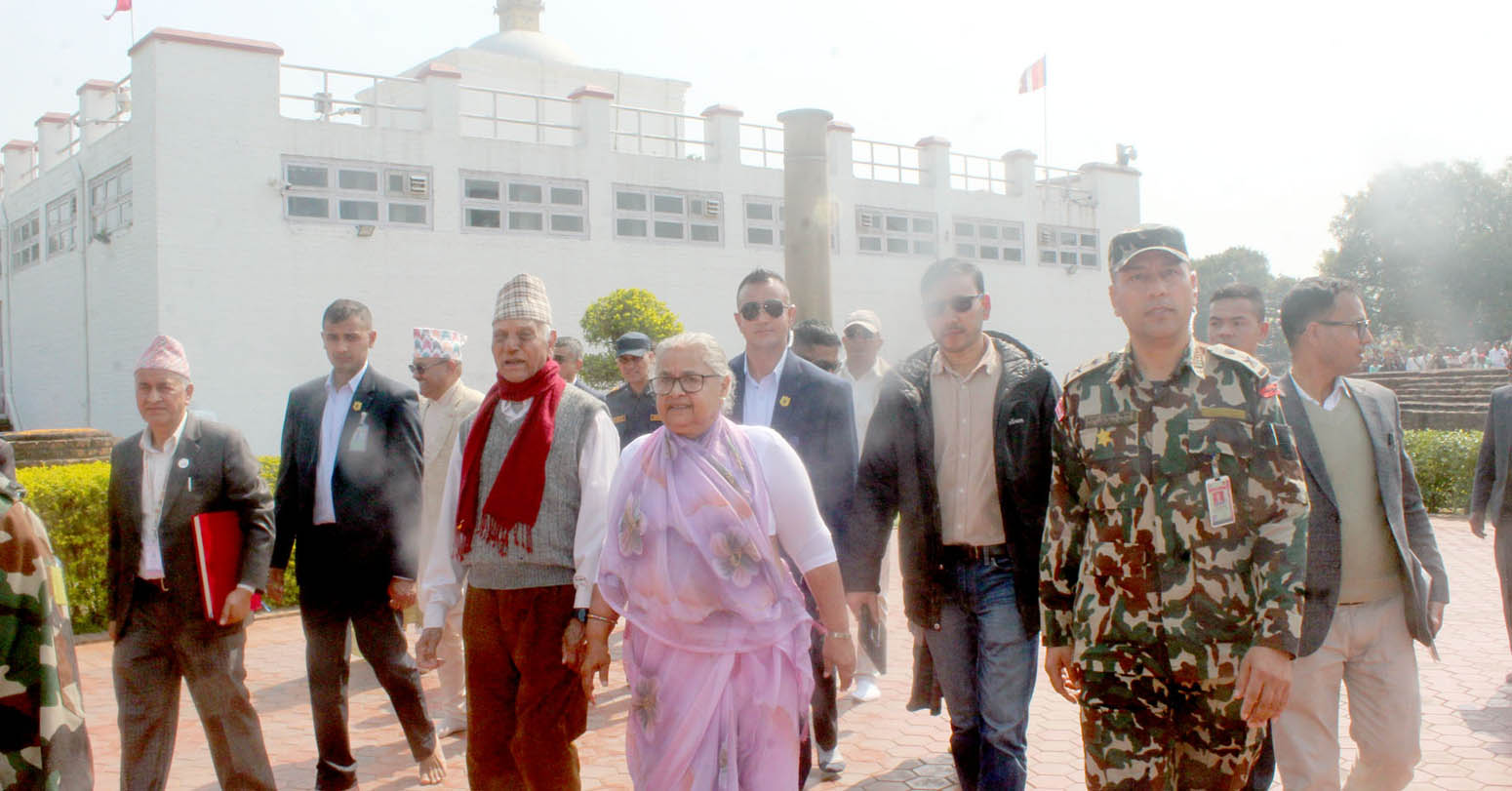
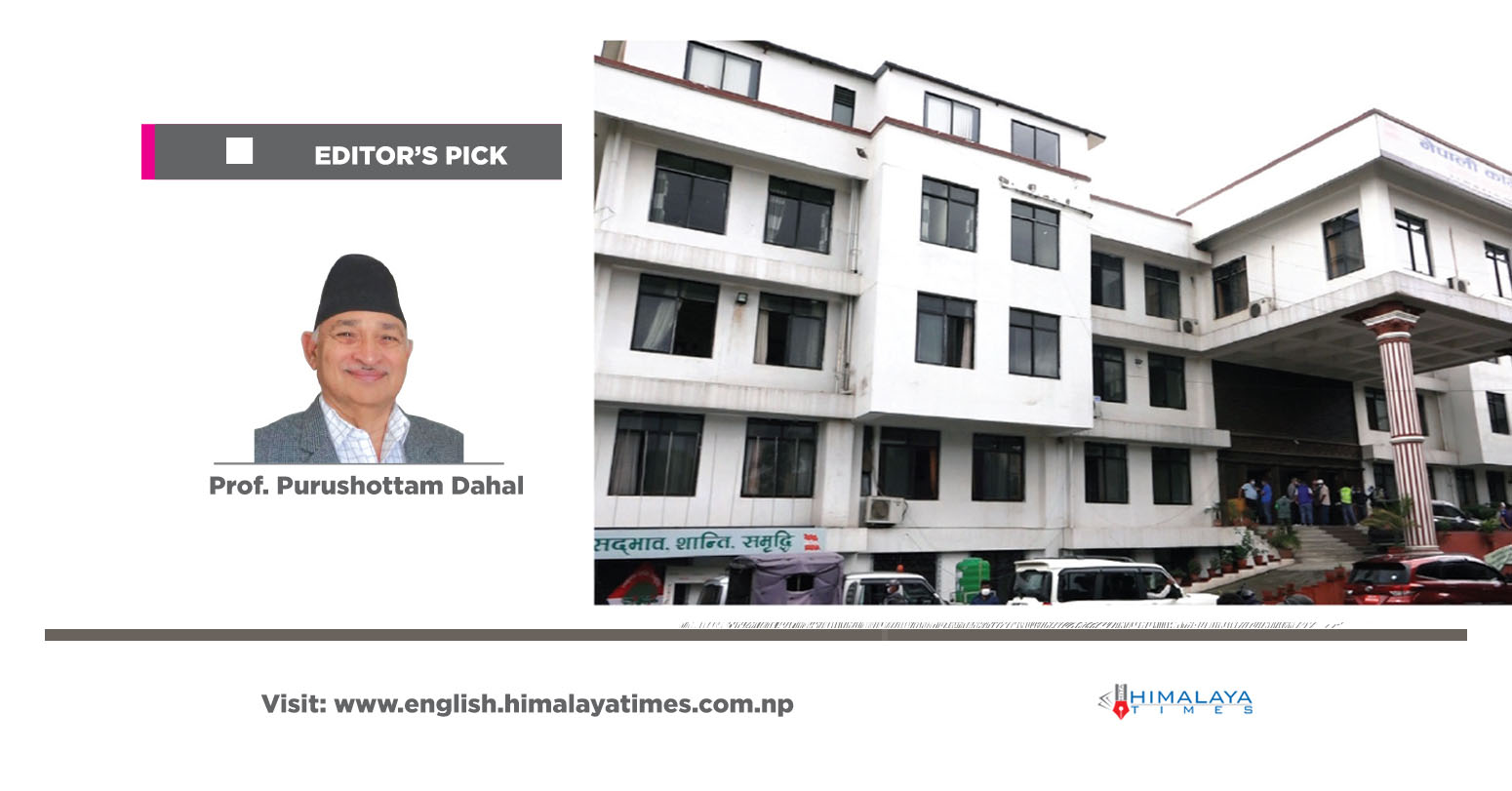

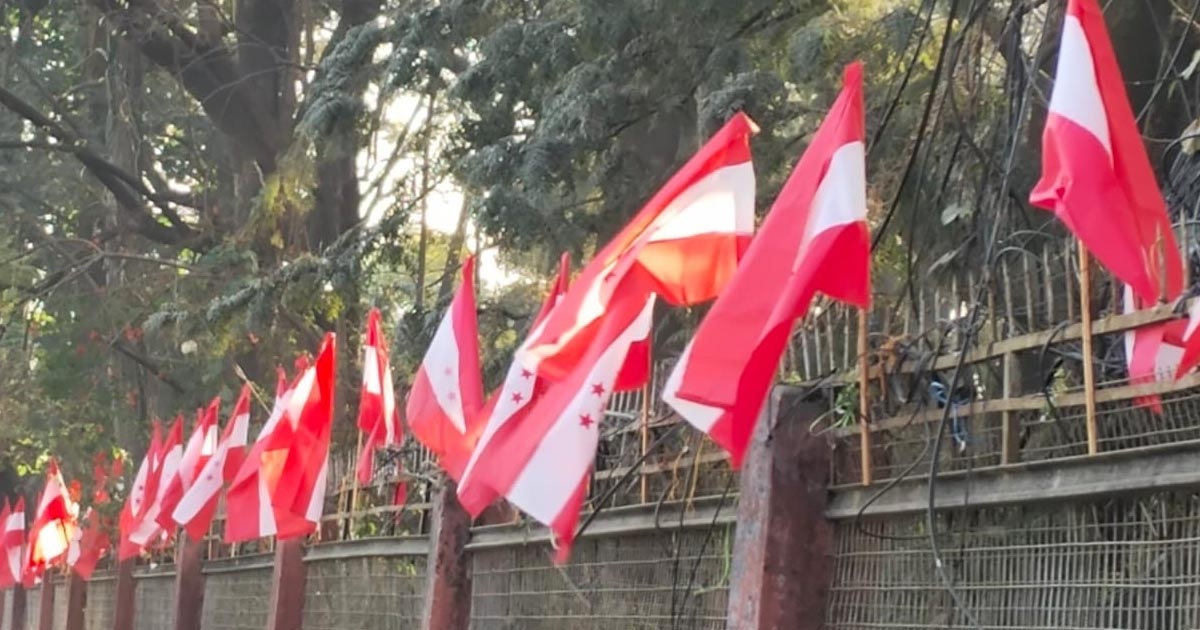
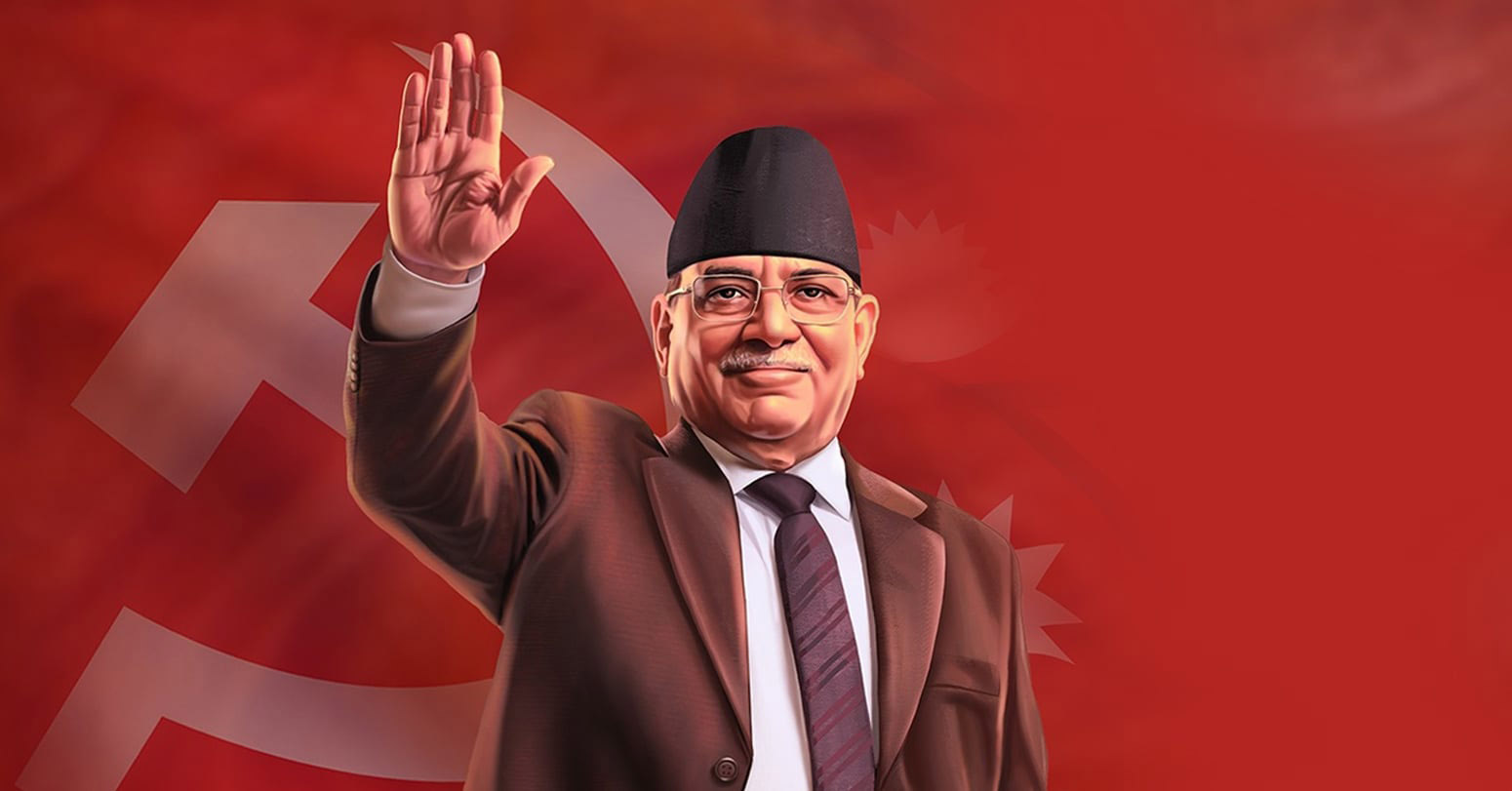
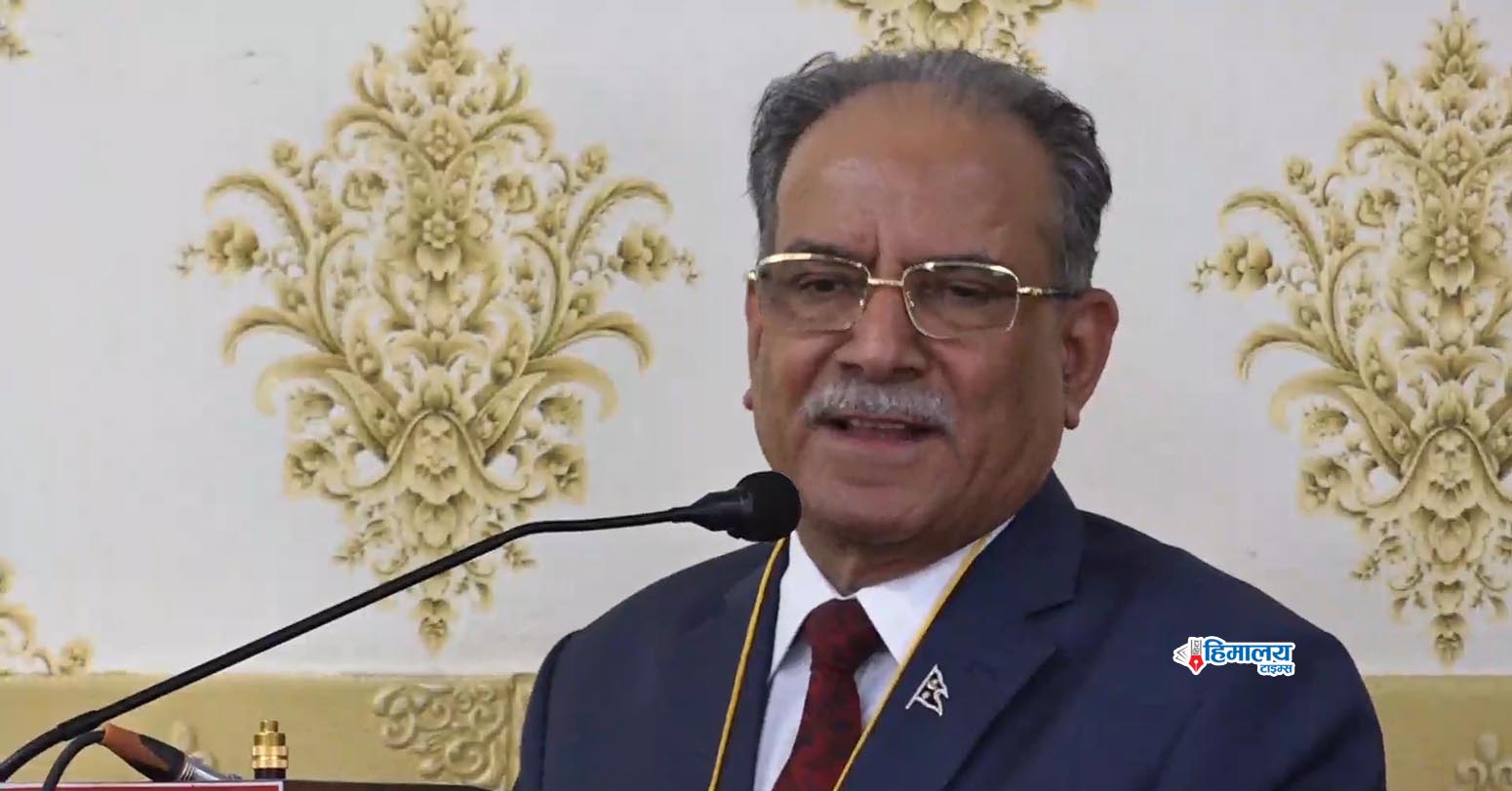

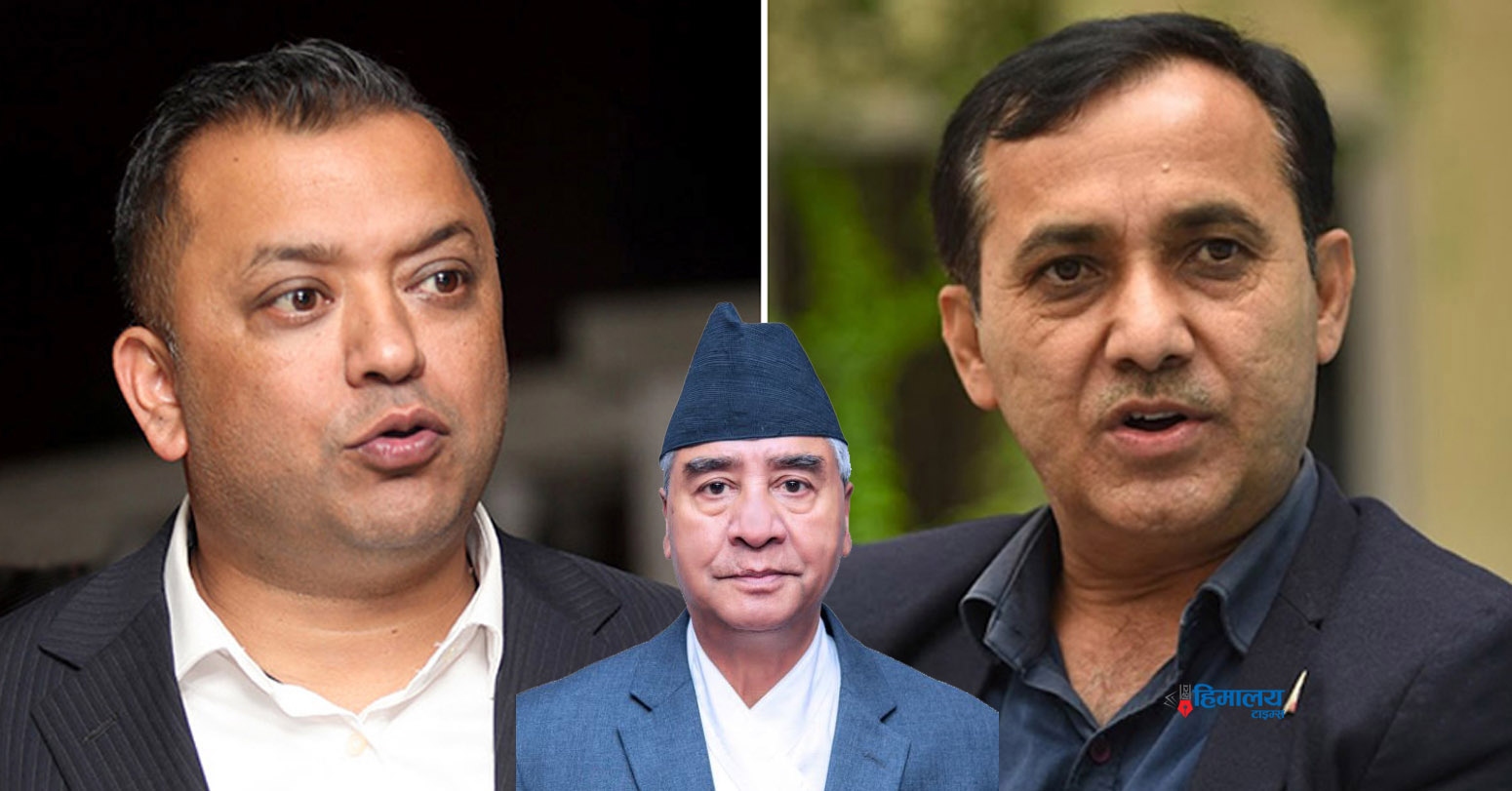

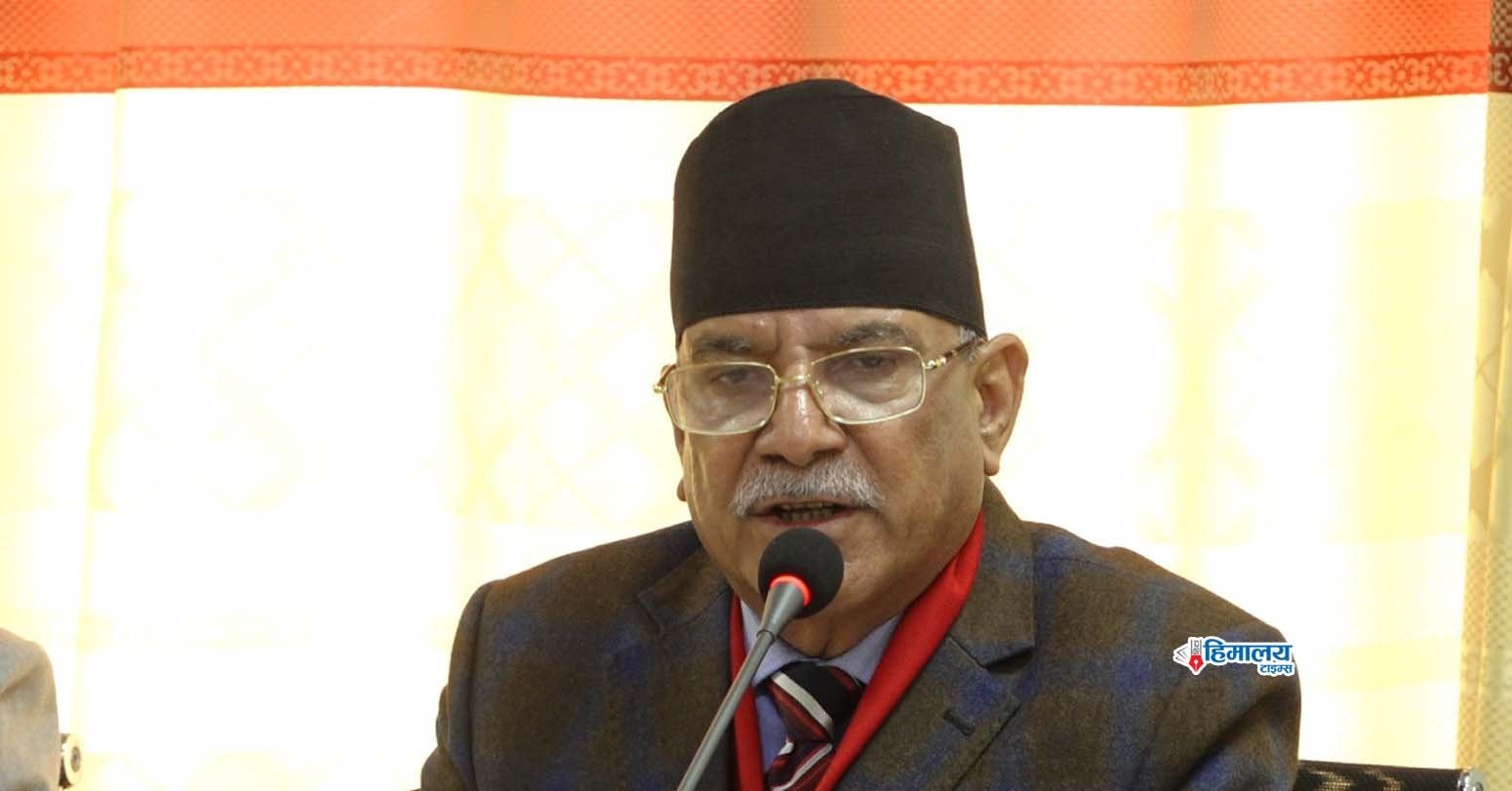
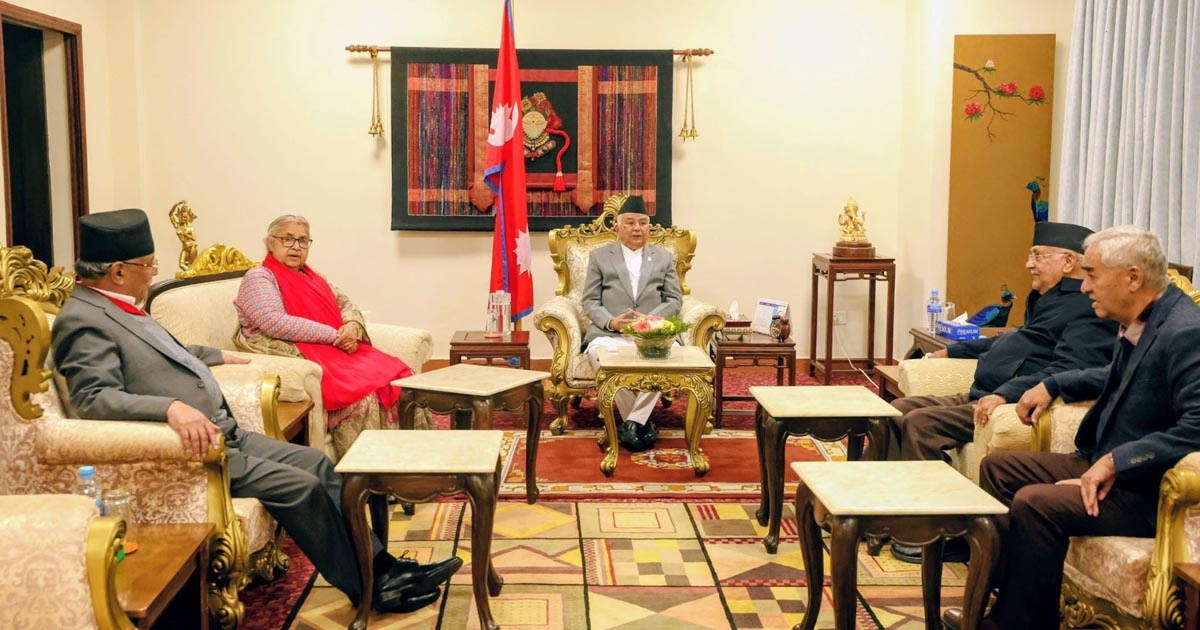

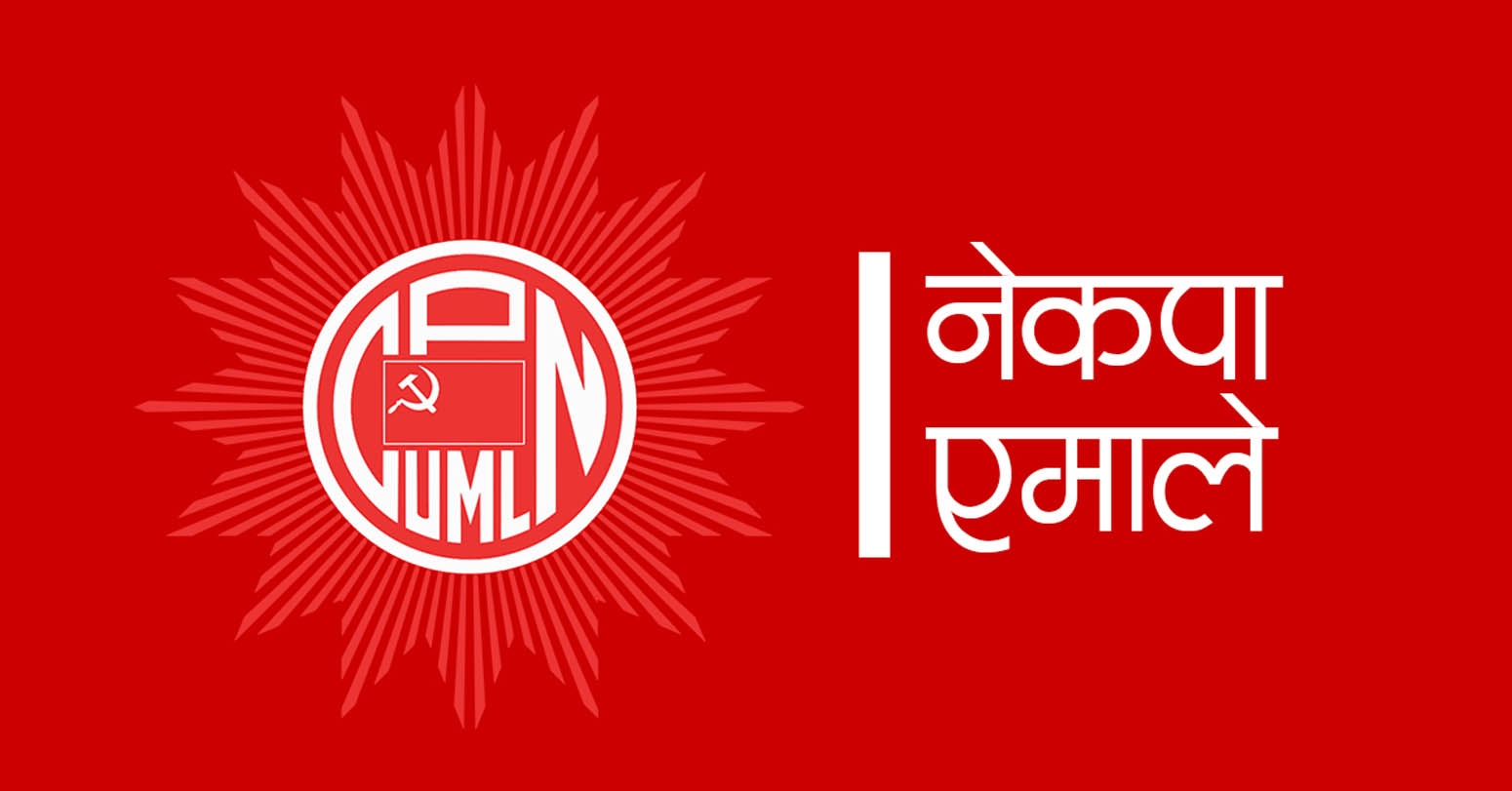
Middle-aged man spends millions to
Dr. Dharam Raj Upadhyay: Man
Children, Greatest Victims Of Sudan’s
Breathing The Unbreathable Air
Comprehensive Data Protection Law Critically
Gender Differences In Mental Healthcare